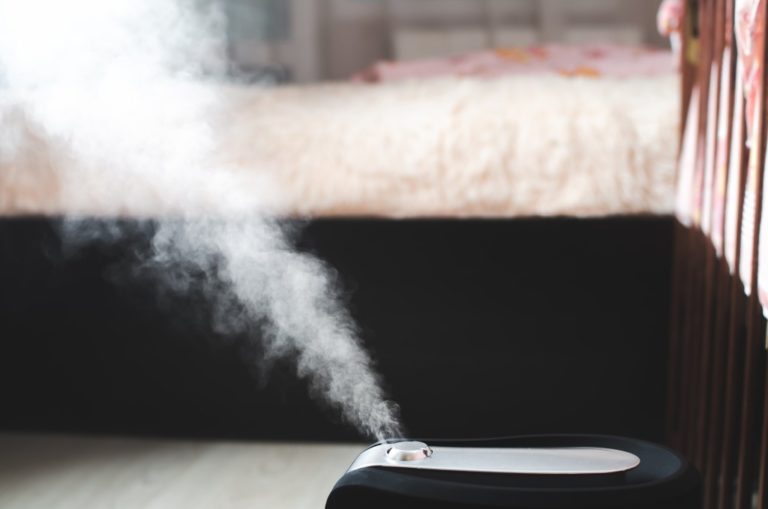An air purifier and humidifier can positively impact the air you breathe at home, but each serves different purposes and provides unique benefits. If you want to improve your indoor air quality—besides having your air duct cleaning handled by a professional service provider regularly, you’ll need to understand the difference between humidifiers and air purifiers.
To make it easier for you, here’s everything you need to know about air purifiers and humidifiers. From what they are, their impacts, and how to know which one will work best for your needs.
Air purifiers can clean your home’s indoor air by removing pollutants circulating in your indoor space but don’t add moisture to the atmosphere. In contrast, humidifiers don’t clean the air but add more water to the air, preventing dryness that may irritate many parts of your body, ranging from your throat to your nose.
Different Health Impacts of Air Purifiers and Humidifiers
Air purifiers and humidifiers possess varyinf impacts on air quality that can affect your health, and the following are some of the most common ones.
Asthma and Allergies
Most air purifiers are designed to reduce allergens or pollutants in the air, including dust mites, pet dander, and pollen. In contrast, humidifiers have no impact on allergen levels. Instead, they can ease your symptoms if your nasal passages become dry and irritated.
Respiratory Irritation
Since humidifiers can add more moisture to the air, they can relieve stuffy nose and other cold-related symptoms you may be experiencing. Additionally, humidifiers can provide protective benefits from viruses, reducing the viruses’ ‘infectiousness’ for up to 40% to 60% less. On the other hand, while air purifiers can capture allergens, pollutants, and other air particles, they can’t filter viruses like how humidifiers can. But they can also ease cold- and flu-like symptoms by removing any respiratory irritants circulating the air.
Dry Air
Since air purifiers don’t add any moisture to the air, they won’t help with dry air, exacerbating various respiratory ailments, ranging from asthma to sinusitis. Meanwhile, humidifiers can increase the air’s moisture, increasing humidity, and significantly improving dry air conditions. This factor can substantially help during the colder months as you’d usually have your heaters on, which can irritate your throat and nose.
Which Is the Best One for You?

To decide which one would work the best for you, below are the telltale signs that can show if you need an air purifier or a humidifier.
Air Purifier
It’s known that air purifiers can help ease allergic symptoms related to the air by significantly reducing pollutants surrounding the air in your home—but there’s more to that.
An air purifier is perfect for you if you experience the following situations:
- Your home strongly smells of varnish or disinfectants
- Your indoor air is stuffy or stale
- You have family members or housemates that often get sick
- You snore often
- You’re allergic to dust mites or think you may have a dust mite issue
- You have severe chest conditions like chronic obstructive pulmonary diseases (COPD)
Humidifier
Humidifiers provide significant benefits by keeping your home free from pollutants, especially during the wintertime when your household is filled with dry air through your running heaters. Raising indoor humidity can solve this, making the air you breathe cleaner and moist, preventing your nose, throat, eyes, and skin from getting irritated.
Additionally, humidifiers are great additions if you experience the following conditions:
- Frequent sinus congestions
- Constant colds and sore throats
- You experience nosebleeds often
- Dry winter skin
Ultimately, the final decision will depend on your specific needs. For instance, if you experience excess sinus congestions, a humidifier is ideal for you. Meanwhile, if you have severe allergies, invest in an air purifier. You can also use them simultaneously in the same room, but avoid placing them too close to each other as moisture from the humidifier can clog the air purifiers’ filters—limiting its effectiveness.

